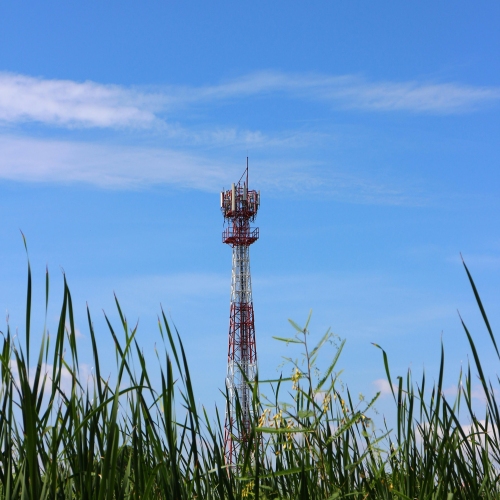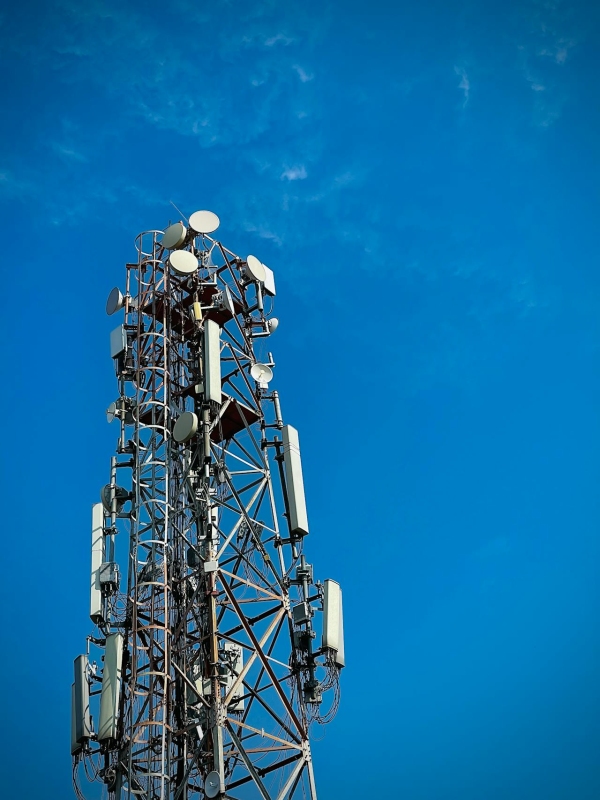The judgment provides much needed clarity on the renewal of periodic tenancy agreements, that pre-date the Electronic Communications Code (the New Code).
WolfBite – the key takeaways
• Operators with periodic tenancies which are protected by the Landlord and Tenant Act 1954, cannot renew their tenancies using Part 5 of the New Code.• Operators with periodic tenancies which are protected by the Landlord and Tenant Act 1954, cannot renew their tenancies using Part 4 of the New Code.
• Operators with periodic tenancies which are protected by the Landlord and Tenant Act 1954 cannot initiate the renewal of their tenancies using the Landlord and Tenant Act 1954: the Landlord must first serve a section 25 notice.
• Operators with subsisting periodic tenancies which are protected by the Landlord and Tenant Act 1954, can seek additional, new Code rights using Part 4 of the New Code.
• In some cases, operators may be able to terminate their 1954 Act protected tenancy agreements, to (eventually) acquire new Code Agreements, under the New Code.
• Operators who are occupying land pursuant to a periodic licence can seek Code Rights under Part 4 of the New Code. Licenses are not protected by the Landlord and Tenant 1954 Act regime.
Renewal of pre-New Code agreements
Part 4 of the New Code gives telecommunication network operators the ability to acquire Code Rights through Code agreements with a landowner. The process is commenced by the operator serving a valid notice under Paragraph 20.Before the implementation of the New Code in 2017, certain of these agreements benefitted from the protection of the Landlord and Tenant Act 1954 (1954 Act).
It is established authority that operators who have subsisting written agreements with protection under the 1954 Act, are not able to use Part 4 of the New Code to renew their agreements and must instead use the renewal mechanics contained in the 1954 Act.
However, the position of operators with unwritten existing agreements with 1954 Act protection has been one of uncertainty.
On Tower UK Ltd. and others v. AP Wireless II Ltd.
In On Tower UK Ltd. and others v. AP Wireless II Ltd., Judge Jackson clarified that operators with 1954 Act protected periodic tenancies cannot access Part 4 (or 5) of the Code and serve Paragraph 20 notices to acquire Code Rights – the correct renewal regime is the 1954 Act.The judgment addresses the so called “black hole” argument that such operators cannot renew under the New Code but are also prevented from initiating renewals under the 1954 Act, as periodic tenants cannot serve a section 26 request calling for renewal.
Judge Jackson has suggested that it would remain open to such an operator to serve a notice to terminate its periodic tenancy (i.e. a notice to quit) and subsequently serve a paragraph 20 notice, once the periodic tenancy had expired. Therefore, such operators are not in fact ‘locked out’ of acquiring Code Rights (eventually).
By contrast, operators who are occupying pursuant to a periodic licence may ask for Code Rights under Part 4, as licences do not fall within the 1954 regime. Unlike periodic tenants, there is no requirement for such operators to first serve notice to terminate that licence before applying under Part 4.
The decision also considered the validity of Code notices where certain sections of the prescribed OFCOM form had been wrongly struck through by the operator. Judge Jackson held that those notices were still valid as the intention of the notices remained clear and complied with s88(1) of the New Code which details the specific requirements for the form of notice.



